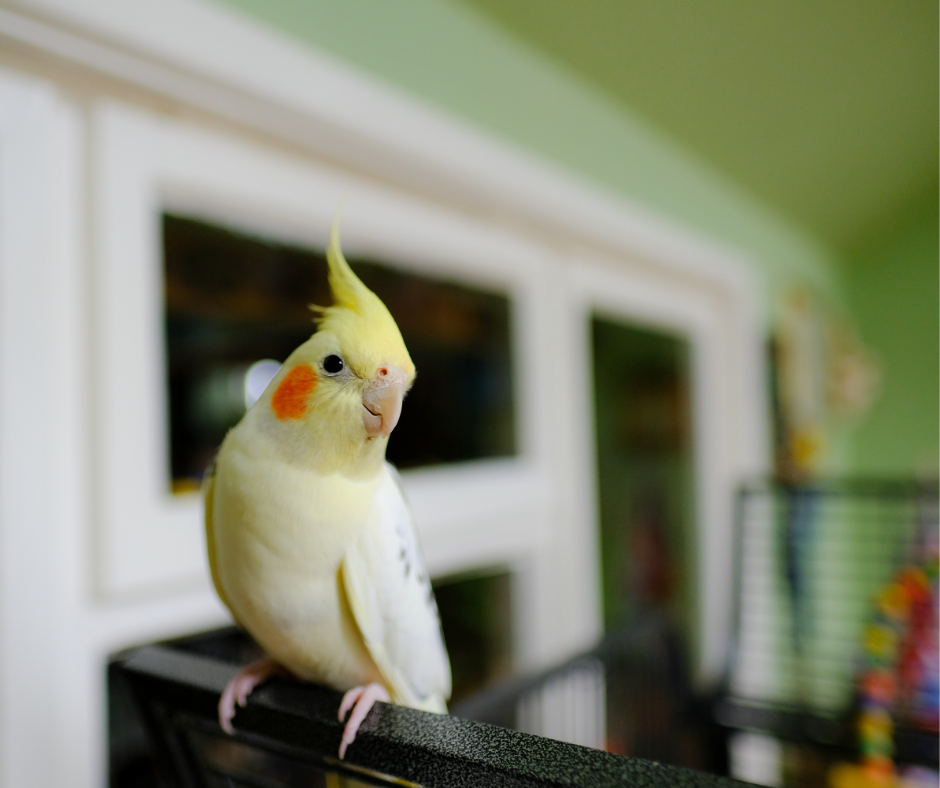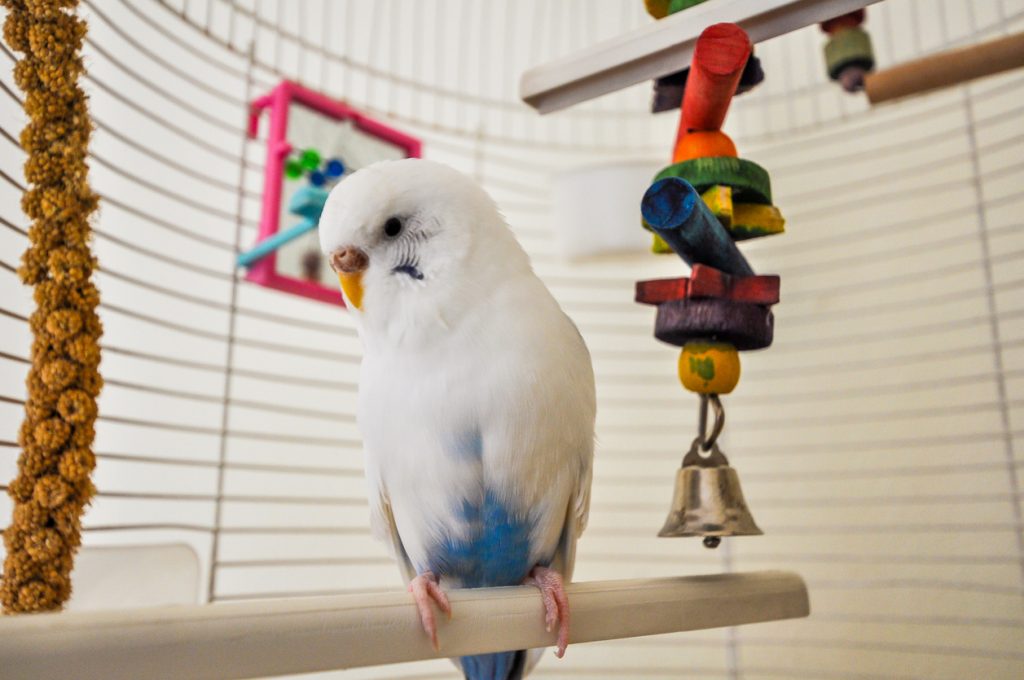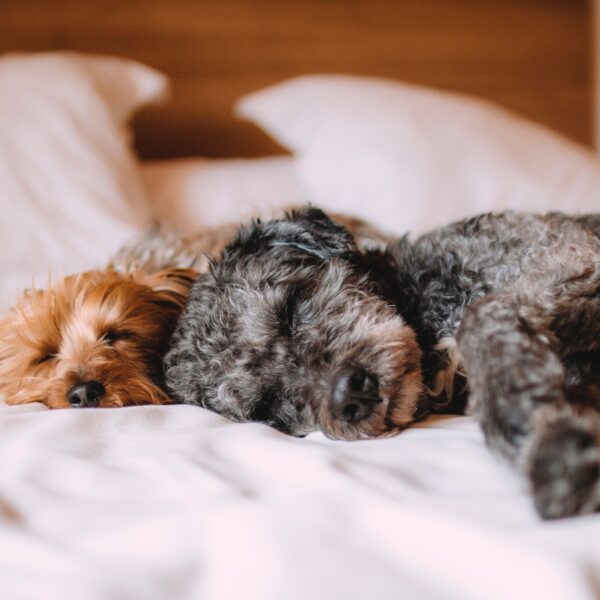How to keep your feathered friends in great condition!
Wild birds can seek out water when they fancy a bath, but it’s up to us to help our pet friends keep their feathers in good condition. This means we must make sure they can bathe when they need to, and we should also keep their cage nice and clean. Here’s what you need to know about hygiene and baths for pet birds.
Do pet birds need to bathe?
Most wild birds bathe, so how about our pet friends? If you have a pet bird, it’s always important to check the requirements for their particular species when it comes to bird care. In general, though, most pet birds will benefit from regular bathing to keep their feathers clean and encourage preening. Some birds will like to take a bath every day, while others prefer to get in the water less frequently.
So, how do you supervise bath time for your pet? The simplest way is just to offer lukewarm water and see if they want to bathe. You can offer it in a dish, or in a bathing chamber that attaches to the side of the cage. Having an enclosed little chamber helps to stop water splashing about everywhere! Pet bird baths come in different sizes, and if you have a particularly large feathered friend such as a parrot, you’ll need to get a fairly sizeable bath.
Some birds may prefer to bathe in a shallow sink, and others even like to join their owners in the shower on a special perch! Another way of helping your bird clean their feathers is to use a spray bottle to create a fine mist. Some birds love dancing about in this like gentle rain!

Does bathing help with moulting?
In general, birds like to bathe more frequently when they’re going through a moult. This is because bathing and preening helps to dislodge the old feathers and to release new feathers from the keratin sheaths they grow in. Bathing also helps to soothe any skin itchiness that develops at moulting time.
So, how often does moulting time come around? Most species of bird moult once a year, but some will do it twice and others only once every two years. Moulting is a really big deal for birds, since they basically have to grow a new set of feathers from scratch! This means they need lots of protein for all that growth, as well as some extra energy. It’s super important to provide a healthy balanced diet, and some birds will also benefit from a moulting tonic to make sure they get the extra nutrients they need.
Is moulting the only reason for a bird losing feathers?
Moulting is a natural reason for birds losing feathers, and birds generally get through this process without problems provided they have enough nutritional support. However, there are many other reasons for feather loss, and if you’ve got any concerns about why your bird is losing their plumage then it’s always worth speaking to your vet for advice on bird care.
Your vet might ask about your bird’s environment, as some birds will pluck their own feathers out due to stress, boredom or frustration. Birds housed with companions can also sometimes fall prey to ‘barbering’, where their friends pull out their feathers. If feather plucking is the problem, your vet will be able to advise you on how to make the situation better for your pal.
Your vet may also discuss nutrition and will check your pet over for any signs of other illnesses, infections or parasites. Bird mites can cause mange-like symptoms with crusting around the beak and legs, and if this is a problem then your vet will give you specific treatment.

How to clean a bird cage
To reduce the risk of bird mites and other diseases, it’s important to keep your pet’s cage in good condition by cleaning it out thoroughly to remove accumulated dirt, droppings and uneaten food. As a guide, you could do this once a week, but if it gets particularly dirty then you may need to clean it more regularly.
When you’re cleaning the cage, use a bird cage disinfectant that’s specially formulated to be safe for bird cages. Follow the instructions on the bottle, rinsing afterwards to remove chemical residues as advised.
By giving your feathered friends the chance to bathe when they need to, and making sure their cage is nice and clean, you’ll be doing your best to look after your pet birds.
Love your pets? So do we! Join in the conversation over on our Facebook page.


